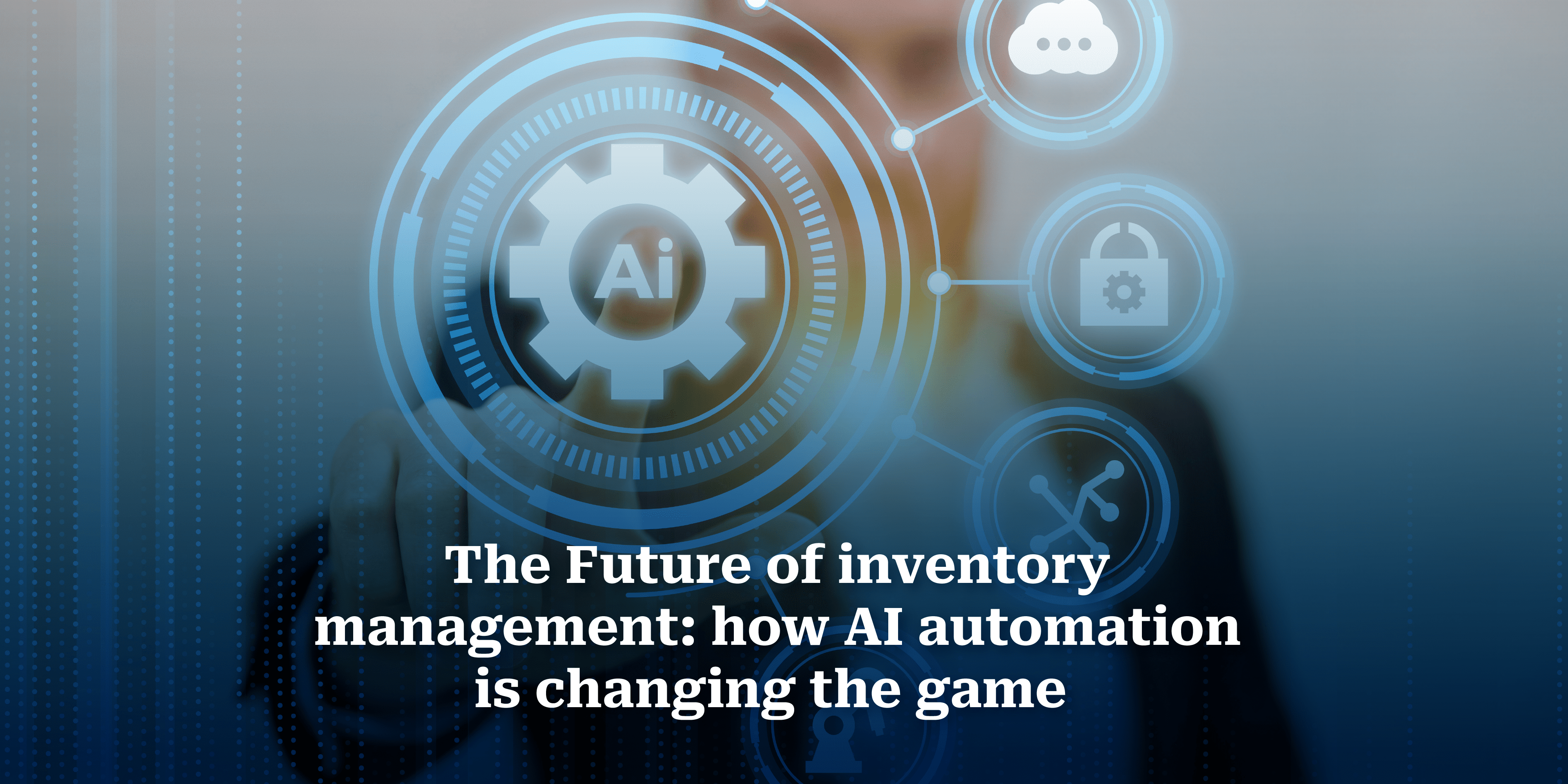In the evolving world of business, inventory management stands as a critical cornerstone of success. However, with the advancement of technology, particularly Artificial Intelligence (AI), the traditional methods of inventory management are undergoing a significant transformation. AI automation is rapidly becoming a game-changer in this field, heralding a new era of efficiency, accuracy, and strategic insight.
The Traditional Challenges of Inventory Management
Traditionally, inventory management has been a complex balancing act, involving manual stocktaking, guesswork in order forecasting, and the constant risk of overstocking or understocking. These methods are not only time-consuming but also prone to human error, leading to significant operational inefficiencies and financial losses.
Enter AI Automation
AI automation introduces a paradigm shift in how inventory is managed. By leveraging AI, businesses can automate complex processes, analyze vast amounts of data, and make informed decisions with greater precision. This shift is not just about replacing manual labor; it’s about enhancing the strategic capability of inventory management.
Key Advantages of AI in Inventory Management:
- Predictive Analytics for Demand Forecasting: AI algorithms can analyze historical sales data, market trends, and consumer behavior to accurately predict future demand. This predictive power enables businesses to optimize stock levels, reducing the instances of overstock and stockouts.
- Automated Reordering Systems: AI can automate the ordering process, determining the optimal time to reorder based on lead times, demand forecasts, and inventory turnover rates. This automation ensures that businesses maintain optimal stock levels without manual intervention.
- Real-Time Inventory Tracking: AI systems offer real-time tracking and reporting capabilities, providing businesses with up-to-date inventory information. This feature is crucial for quick decision-making and maintaining transparency across the supply chain.
- Customization and Flexibility: Modern AI inventory management systems, like PS-AI AutoPilot, offer customization options, allowing businesses to tailor the AI to their specific needs and processes. This flexibility ensures that the AI solution aligns perfectly with the business’s operational rhythm.
- Cost Reduction and Efficiency: By streamlining inventory management processes, AI significantly reduces operational costs. It minimizes the need for excess inventory, reduces storage costs, and cuts down on the labor hours required for manual management.
The Future Outlook
As AI technology continues to evolve, its role in inventory management is set to become even more integral. Future advancements may include more sophisticated predictive models, integration with other AI-driven business processes, and the use of IoT devices for even more precise inventory tracking.
The future of inventory management is clearly steering towards AI automation. This technology is not just an optional upgrade; it’s becoming a necessary tool for businesses looking to stay competitive in a rapidly changing market. With platforms like PS-AI AutoPilot leading the way, AI-driven inventory management is set to revolutionize the way businesses operate, offering unprecedented levels of efficiency, accuracy, and strategic control.








